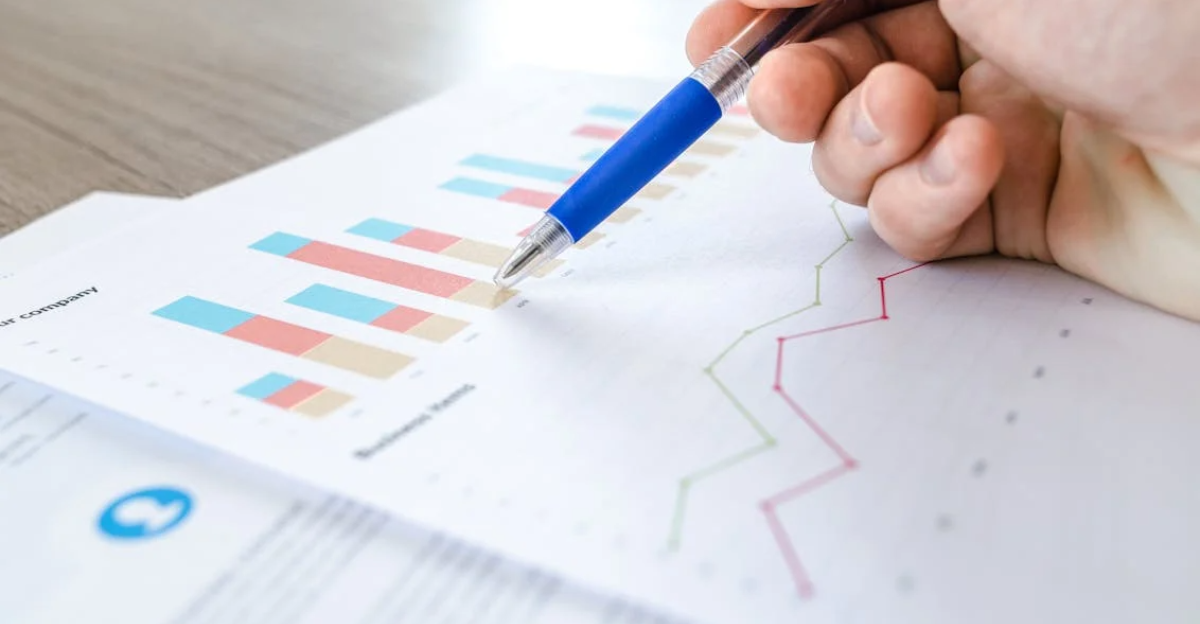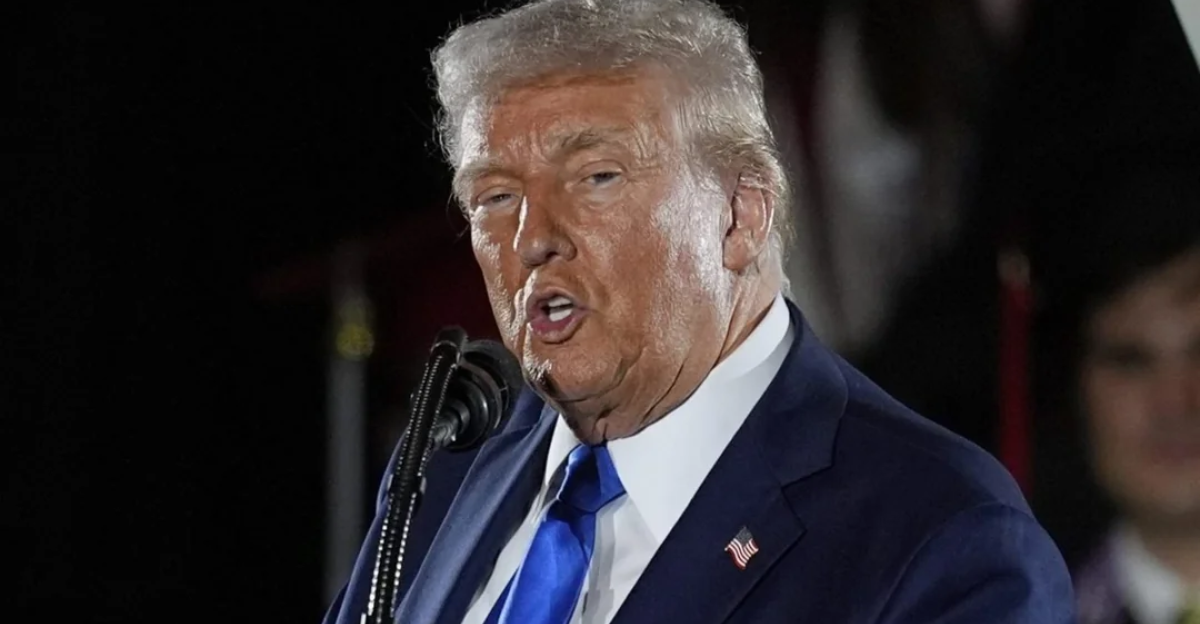
Every jobseeker knows the edge that a diploma offers. If you have a college degree, you typically have a strong chance. If your diploma includes the word “Master’s,” your prospects tend to be even better. And if your credentials indicate that you can affix the initials Ph.D. to your name? You might as well have the HR department in the palm of your hand.
At least, that’s how conventional wisdom goes. Apparently, certain degrees don’t carry the same weight they once did in terms of hiring success. While this is bad news for those who spent years of hard work earning their prestigious diplomas, there are also negative implications for the broader economy, such as an entire nation’s financial health.
The Story of Thomas Fullagar

A July 28 article published in The New York Times covers the story of a man who learned this the hard way. The man is Thomas Fullagar, who graduated from the University of California, Santa Barbara. Last fall, Fullagar applied for a job at a technology company in Manhattan, Kansas. In his bid to secure employment, Fullagar had a lot going for him: credentials from a reputable school, an internal recommendation at the company, and the advantage of being a native of Manhattan.
On top of it all, the 33-year-old Fullagar held a Ph.D. in economics. (Let’s face it: That’s not an easy achievement!) However, about six months into the application process, Dr. Fullagar learned he would not be getting the job. Speaking to The New York Times’ Noam Scheiber, Dr. Fullagar called the situation “truly baffling.”
What Exactly Do Economists Do?

The job Fullagar targeted was said to involve “relatively straightforward data analysis that he wouldn’t struggle to perform.” That’s no exaggeration, as economics graduates like Fullagar are trained for such tasks.
Here’s how the U.S. Bureau of Labor Statistics defines the work of economists: “Economists conduct research, prepare reports, and evaluate issues related to monetary and fiscal policy.” In other words, they analyze data and provide insights that help countries manage their resources. Sounds like a job that deserves to be well-compensated.
Economists Used to Have It Better…

For a long time, the job title of “economist” offered high potential for career growth. In his New York Times piece, Scheiber emphasizes how the popularity of the undergraduate economics degree led to numerous teaching positions and government posts in decades past.
Scheiber also cited data from the American Economic Association showing that economics professors at “major research universities” had an average base salary of $150,000 in 2024. Furthermore, the association found that Ph.D. economists had a 100% employment rate “within a few months of graduation” in the 2023-24 academic year.
The Struggle of Economists to Secure Jobs Today

However, this is not the rosy picture economists have faced in recent months. Those universities that once had numerous teaching openings for economics graduates? They have slowed hiring significantly. Similarly, nonprofit organizations and tech companies have reduced vacancies for economists.
It’s not just the private sector giving economists a tough time. According to Scheiber, the Trump administration has not only frozen hiring for these positions but has also laid off some government economists.
Why Is There a Struggle in the First Place?

The high professional ceiling for economists didn’t vanish randomly. Several policies implemented by the Trump administration have collectively contributed to the decline in demand for this occupation.
For one, universities have been hit hard by Trump’s federal funding cuts. Declining state budgets have not helped economists either. On a broader scale, the economic uncertainty caused by Trump’s tariffs this year has led firms to slow their hiring of economists.
How Will This Impact the U.S.?

It’s somewhat ironic, then, that these challenges faced by economists portend a troubling outlook for the U.S. economy. According to Dr. Marcia McNutt, president of the National Academy of Sciences, the employment woes of economists could drive them to seek jobs abroad, depleting the country’s intellectual workforce.
“U.S. industry is heavily dependent on the training provided by colleges and universities,” Dr. McNutt told The New York Times. “When the top talent goes elsewhere, we’ll be left with a less competitive workforce in America.”
The Bigger Picture of Unemployment Problems

Though economists with doctorate degrees have other career prospects, their struggles to secure employment highlight a larger issue affecting the U.S. According to data from the Bureau of Labor Statistics, the national unemployment rate in June 2025 was 4.1%, the same level as in June 2024. As many as 19 states (along with the District of Columbia) saw increases in their jobless rates compared to the previous year.
Which Occupations Are Facing a Sharp Decline?

Due to factors like the rapid expansion of technology, several occupations are projected to experience a decline in employment numbers through 2033. Based on an April 2025 report from the Bureau of Labor Statistics, these jobs include word processors and typists, telemarketers, and clerks handling payroll and timekeeping.
Economics: Still a Popular College Degree

Despite the current employment challenges faced by economists, it’s worth noting that economics has remained a popular college degree in recent years. In 2022, the American Economic Association reported that economics was “the fifteenth or sixteenth most popular major across the United States.”
Will this year’s employment challenges have a ripple effect on students’ preference for an economics degree? That remains to be seen. However, the story of Thomas Fullagar serves as a cautionary tale about the uncertainty now facing economists with postgraduate credentials.
